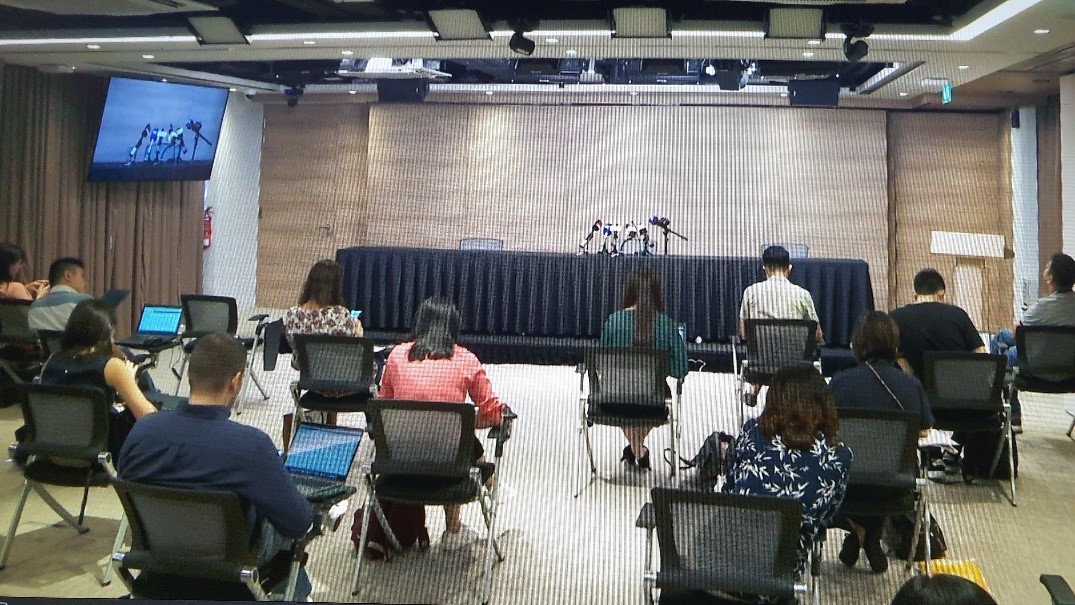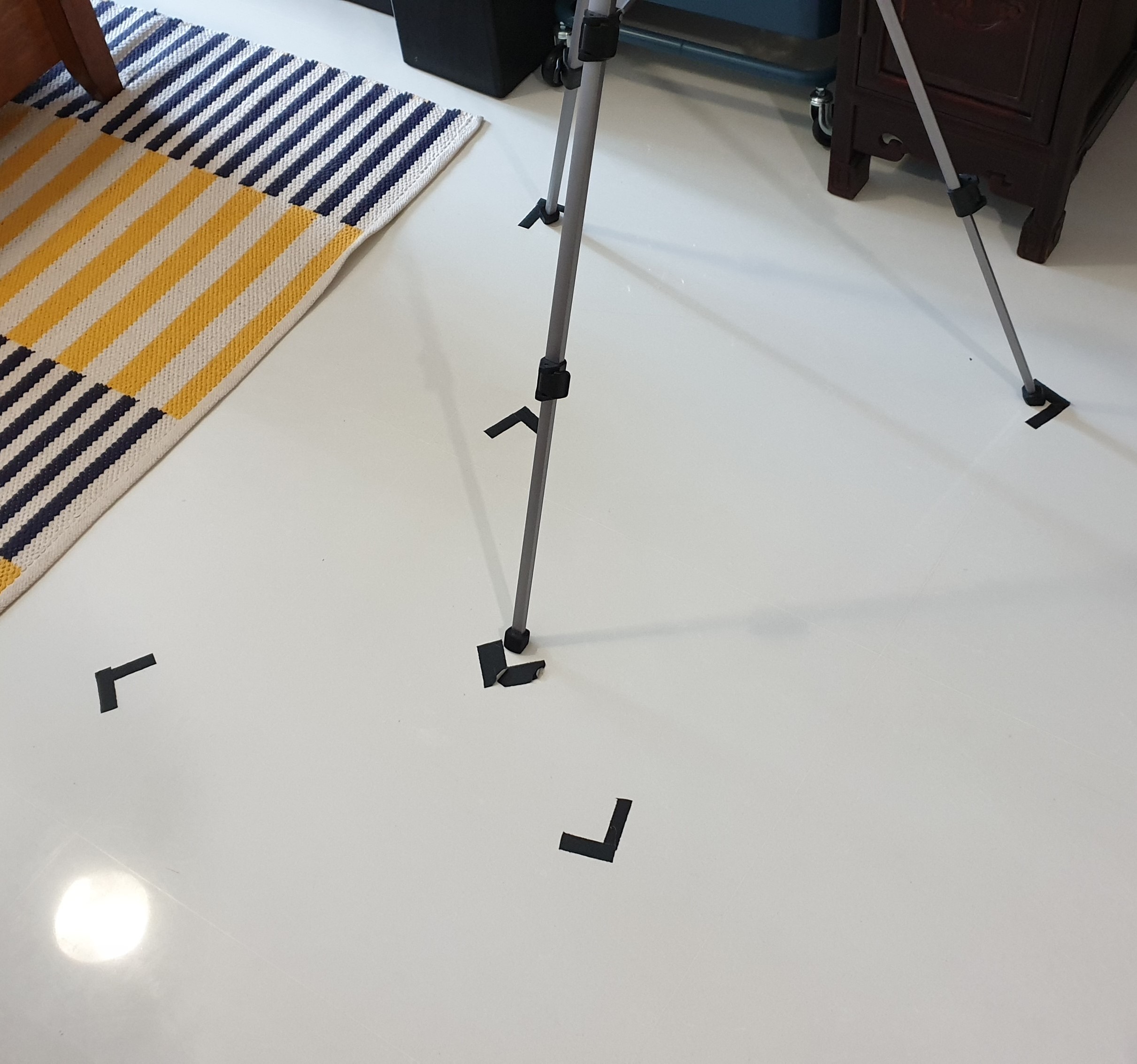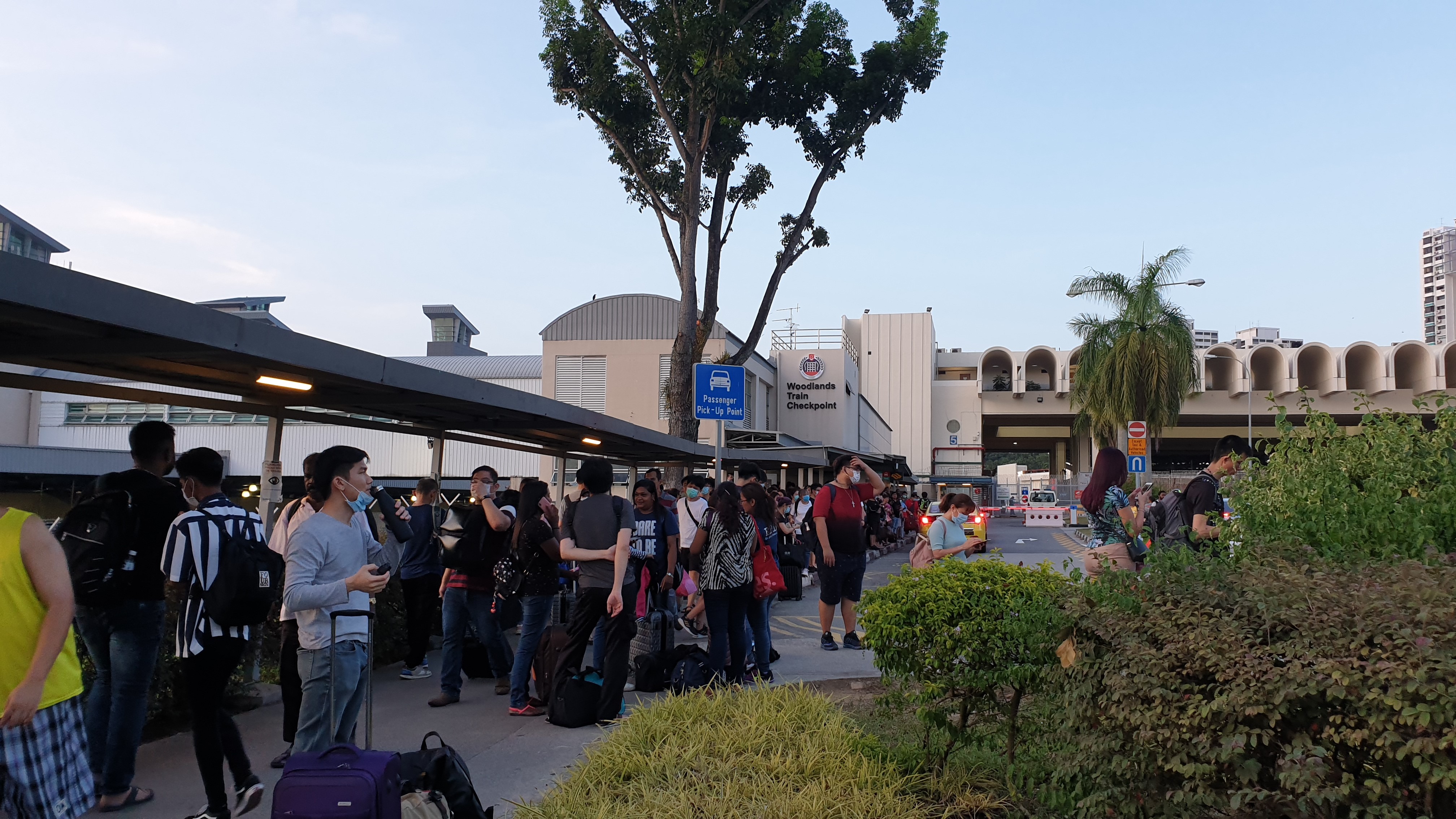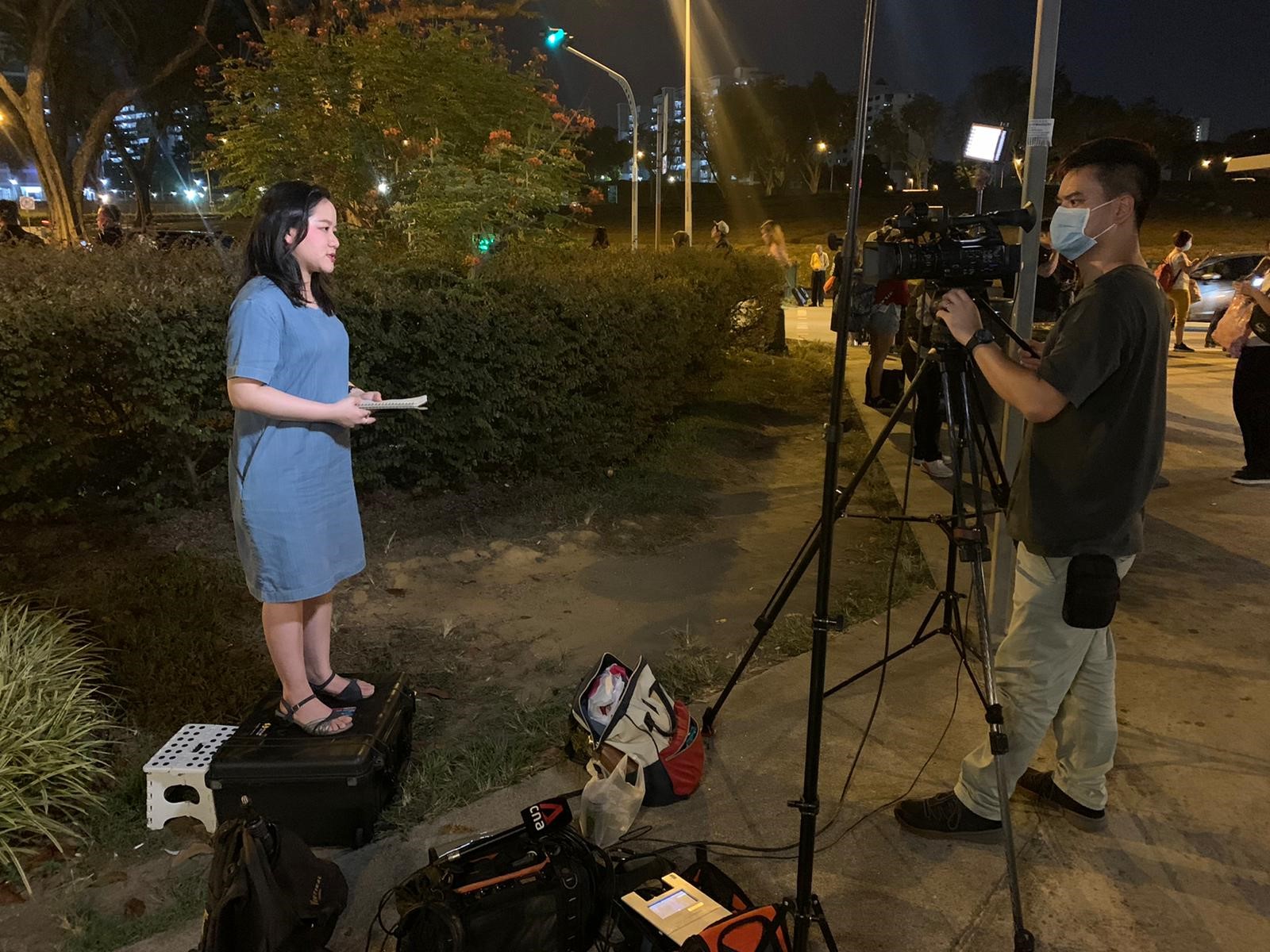Can you tell us a little about what you do at work and how COVID-19 has changed your typical day?
I’m a news reporter, covering what takes place in Singapore. My main beats (specialisations) are transport and e-sports, but when COVID-19 broke out, it felt very much like we were all on the COVID-19 beat overnight.
COVID-19 is quite possibly the single longest news event that has ever taken place in Singapore – perhaps even the world. What this means is that every day, without fail, the pandemic occupies a good portion of every news bulletin. In fact, for a few months, there was literally no news piece that was not linked to the pandemic in some way or form.
That’s partly because the outbreak has touched every aspect of our lives. There’s nothing that has not been affected by the pandemic – from travel, to schools, business, transport – even the way we go to the market and buy our groceries has changed.
Plans for the year went completely out the window. Initially we were still talking about things we would do, stories we would find time to work on when things ‘go back to normal’. Now, we’re talking about ‘a new normal’.

Work has definitely changed. During the circuit breaker in Singapore, it was unwise and in most cases impossible to meet our interviewees in person. Instead, we conducted a lot of interviews over Zoom and recorded them, and had to ask our interviewees to film some clips for us at home or at work and have them sent over to us via WhatsApp or Telegram. The audio and video quality was often out of our control. However, many people were very open and willing to do those things for us, even though they didn’t have to.
Now, we practice safe distancing at all interviews, and wear masks on air. Surprisingly, it has been just as easy to connect with people, even with half of our faces covered.
One other notable change is that we, now, are prepared to go ‘live’ from our living rooms. Many press conferences and briefings take place online , and if a live report is needed right after that, we do so by connecting via an app on our phones. There are permanent duct tape markings on my living room floor so I know where to place the light stand and tripod!

Especially during crises like this, journalists need to draw a difficult balance between informing the public and stirring fear. Tell us about your experience reporting on COVID-19 news. Any interesting stories to share, in particular?
Yes, it’s always important to make sure what you’re saying is completely factual and objective, and in a pandemic, all the more so. The same principles of balance, fairness, and verifying facts are always practiced, and still apply in a crisis situation. You never put anything on air that you are not 100% sure about. But facts are facts, and if they are scary, then one should also not have to sugar coat them.
I was at Woodlands Checkpoint on the night that the border between Singapore and Malaysia was closed. I spoke to many Malaysians coming in to Singapore and one of the questions I asked them was – how long have you packed your luggage for? Some told me two weeks, some said two months. Frankly, most of them were pretty sure the border was going to stay closed for longer than the planned two weeks, but I think no one expected that it would be for five months. Some walked across the Causeway, some had children in tow, all had stoic expressions as they tried to beat the midnight deadline just to earn a living – it felt like I was watching a refugee situation.


Many said the hardest part was leaving their families behind – but for the sake of earning an income, they had to. Just a few days later, I interviewed some Malaysian security officers who had chosen to come over to Singapore. One of them fought back tears every time he thought about his months-old baby. It had just been a few days but he missed his child terribly. I still think about that gentleman sometimes, and how he possibly hasn’t seen his child for at least five months.
So, I think the stories that have stuck with me are the ones that have moved me the most. A business owner told me they wandered in a daze for hours, just emotionally bereft and distressed, because they are responsible for the lives of 200 workers and their families. The impact of the pandemic on our lives is not an abstract one.
What are some challenges that you are facing in uncertain times like this, both at work and in your personal life? What keeps you going?
Initially it was exciting, and then it was terrifying. Burn out happened quite quickly. I had to find time to switch off and take a complete break. If not, I think I would have become jaded about the stories I was doing.
Spending time with family and friends helped. During the circuit breaker, I actually caught up with a lot more people than I ordinarily would have, because people were much more comfortable doing video calls! People were also more genuine and sincere about their feelings – it was okay to confess to not having your life completely in order. Some friendships even got deeper.
Conversely, I found that logging off social media helped. It can sometimes be a distraction, particularly when things being said online are not very productive, or stir up fear or hatred.
I played a lot of music as well. Learning and perfecting new pieces was a good outlet for spare energy and focus, and a good way to distract the monkey brain. I also got a lot of satisfaction from straightening up around the house and having a clean environment to live and work in.
I also learnt a lot more because more people held workshops and seminars online. Of course this is financially unsustainable for those providers, but it was a good way to be enriched even when staying at home.
What positive things have you noticed emerging out of this global crisis?
There’s some awareness that we can’t solve this problem alone. It’s much bigger than any of us and it requires everyone to be working together and collectively. If someone doesn’t play their part, the whole system falls apart and nobody wins.
I’m hopeful that this is something that we’ll figure out with other existential threats that we’re facing, such as climate change. COVID-19 has the potential to be a dress rehearsal for that much bigger, and much more permanent problem.

What advice would you like to give to our USP community and the Class of 2020 graduates?
I have a lot of sympathy for students graduating this year because they are entering quite a terrible job market. You study for years and are probably excited or anxious to start earning money and carving out your path in life. But hiring has slowed, and salaries are depressed. Right now, the options you thought you would have may have closed. You may be exploring a traineeship instead of a traditional ‘first job’. The usual career and salary progression may also be less predictable, or even be lower than usual because of the long tail of the economic impact of COVID-19. You may be facing pressure from your family members who might not understand why it’s so hard to find a ‘good job’.
What I can say is, try and stay flexible. Even in normal times, career paths are rarely predictable nor go exactly the way you expect them to. Don’t be afraid to abandon your previous plans and your expectations and embrace things that maybe you didn’t expect to do. Do what you can first. Every opportunity is an important one because you never know what you will end up learning, and how it can help you further down the road. But of course it feels scary and is upsetting. So try not to look at it as giving up on your dreams; frame it as having a longer preparation time and biding your time. When opportunities begin opening up again, you want to be prepared to grab them.

